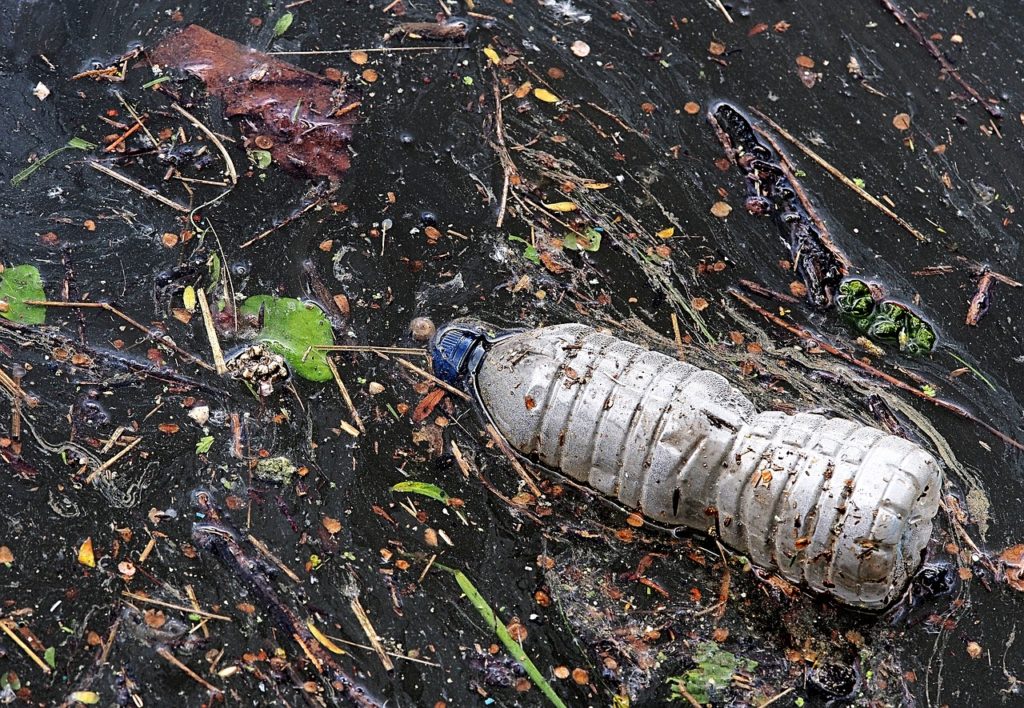In the wake of the recent events concerning climate change, tourism has been one of the main factors negatively impacting the natural environment, which is why travelling more responsibly in 2020 should be our top priority. Responsibly travelling represents sustainability so that it benefits both the country you’re visiting and the overall environment. These simple tips can help you organise your trips in a more eco-friendly and responsible way.
Choose your destinations wisely

Before you book the plane ticket and go looking for a suitable hotel, research all the destinations you had in mind, or in other words, do your homework. You should choose destinations which prioritise sustainability and are looking out for their natural and cultural heritage. There are several destinations you might want to skip since over-tourism has been a huge issue for these places in the past few years. For instance, places such as Barcelona have been having issues with the economy. Having over one million people a year booking cheap Airbnb hotels has caused a tremendous rent increase resulting in the resident population of the City Gothic Quarter declining by 45%. Other places such as Angkor in Cambodia and Bali in Indonesia have been facing some environmental problems. So, choose your destinations wisely and try to take into consideration the impact that your visit may leave.
Think about how to get there

If you want to travel more responsibly and sustain-ably in the next year, one of the best ways to do it is to think about your modes of travel. If travelling by plane is the only option, don’t worry. There are ways you can reduce your carbon footprint. For example, the easiest way would be to select direct flights. Another thing you can do is look for a more energy-efficient aircraft. Both of these will for sure decrease the amount of jet fuel being burnt.
Find eco-friendly hotels

Another aspect you might want to consider is who funds your hotels. You should seek out hotels that are eco-conscious and support sustainable development. Some of the most important elements you should look for in hotels are definitely the use of renewable energy, effective waste management systems; the usage of recycling bins, and so on. In other words, your goal is to find the eco-friendly lodging that will fit your requirements while also keeping the environment clean.
Shop carefully

Before you spend money in a foreign country, make sure to ask questions and get informed about what you’re buying. Not every item that’s on sale is actually legal to purchase. For instance, products such as tortoiseshell accessories, snake wine, and coral jewelry, tend to be made from endangered species or protected plants. Not only are they illegal to purchase, but are also illegal to export or import. Asking questions about what the product is made of and where it comes from can help you avoid getting a serious fine at customs.
Be smart about plastics

The amount of plastic which ends up in the ocean each year is getting out of hand and most of this toxic waste comes from single-use plastics such as water bottles, straws, shopping bags, etc. Approximately 8 million tons of plastics are thrown into the ocean every year. You can help minimise the amount of plastic waste by bringing a reusable water bottle or going for locally filtered water if possible. You can bring your own cloth bags to use when shopping as well. There are endless possibilities and alternatives which will protect the environment and even save you money in the long run.
Pick your products

When packing for your trip you need to carefully select the products you’re bringing with you. Some of the products which we use daily such as sunscreens and soap bars can be very bad for the environment. These common products tend to contain harmful chemicals which, if absorbed by coral reefs, can lead to coral bleaching. So how can you be more eco-conscious when picking products for your trip? For example, try using some of the reef-friendly products like mineral-based or biodegradable sunscreen, soap bars, and shampoo. You could also switch to using protective clothing. Rash guards and wet-suits could be a useful alternative since they are proven to be as effective as a sunscreen.
Think about alternatives

Tropical and faraway destinations don’t necessarily have to cost you a lot of money even though it may seem like it. There are numerous different alternatives you can check out if you want to travel somewhere exotic while making sure that you stay within the limits of your budget. For instance, you could sign up for some of the student exchange programs, find someone to carpool with, or volunteer overseas. There are numerous programs for volunteering depending on age, destinations, and type of work. You can volunteer with refugees, try teaching children, provide medical help, rebuild areas impacted by natural disasters or volunteer in Australia and other places with animals. All of these alternatives will reduce your travel costs and provide you with an invaluable experience.
Respect the culture

Visiting another country, especially if it’s on another continent, means being introduced to a totally new culture with completely different amenities and ways of living. This might come as a surprise to you which will inevitably result in culture shock. So in order to prepare yourself for this trip, make sure you look for the basic information on how to behave in this new and different environment. Try to find out as much as you can about some local customs, traditions, and health and safety risks. Do your research to figure out the body language and gestures that might come in handy while also keeping an eye on those which might be considered rude. See if there are any unusual laws as well. Knowing these things in advance will help you have a more authentic and enjoyable experience.
Conclusion
In conclusion, it doesn’t take much to be eco-conscious and take care of our planet while travelling. After all, it is our home and we need to cherish it. By following these tips you will travel more responsibly, with less financial expenses and enjoy your trip while making sure that you leave no negative footprints behind.
